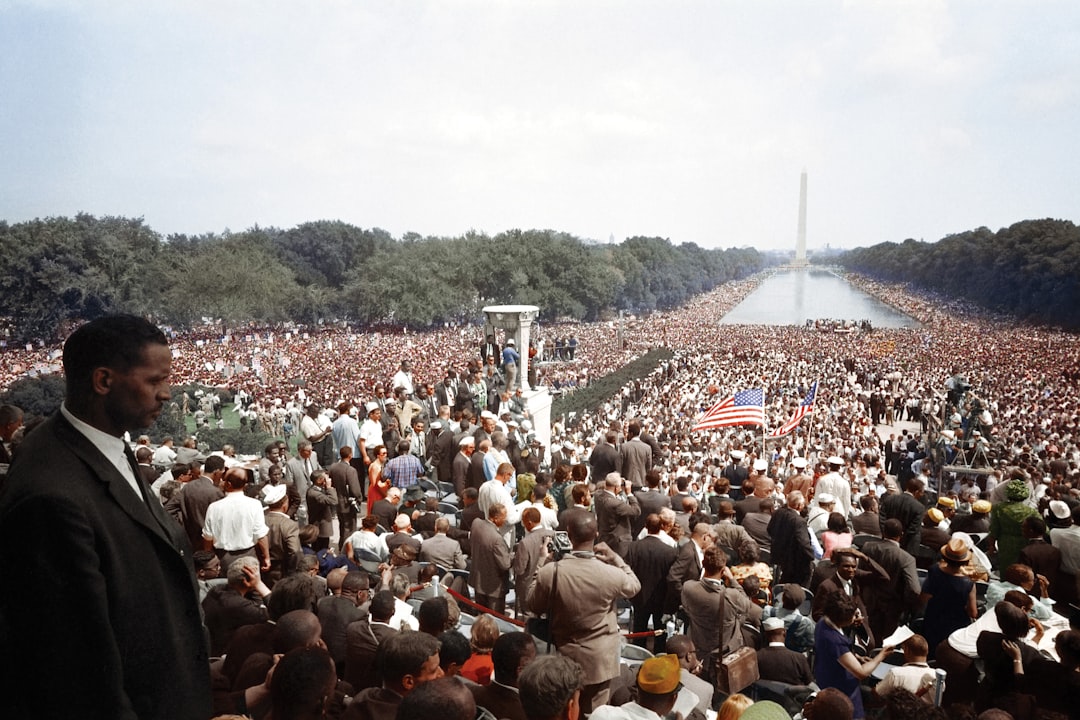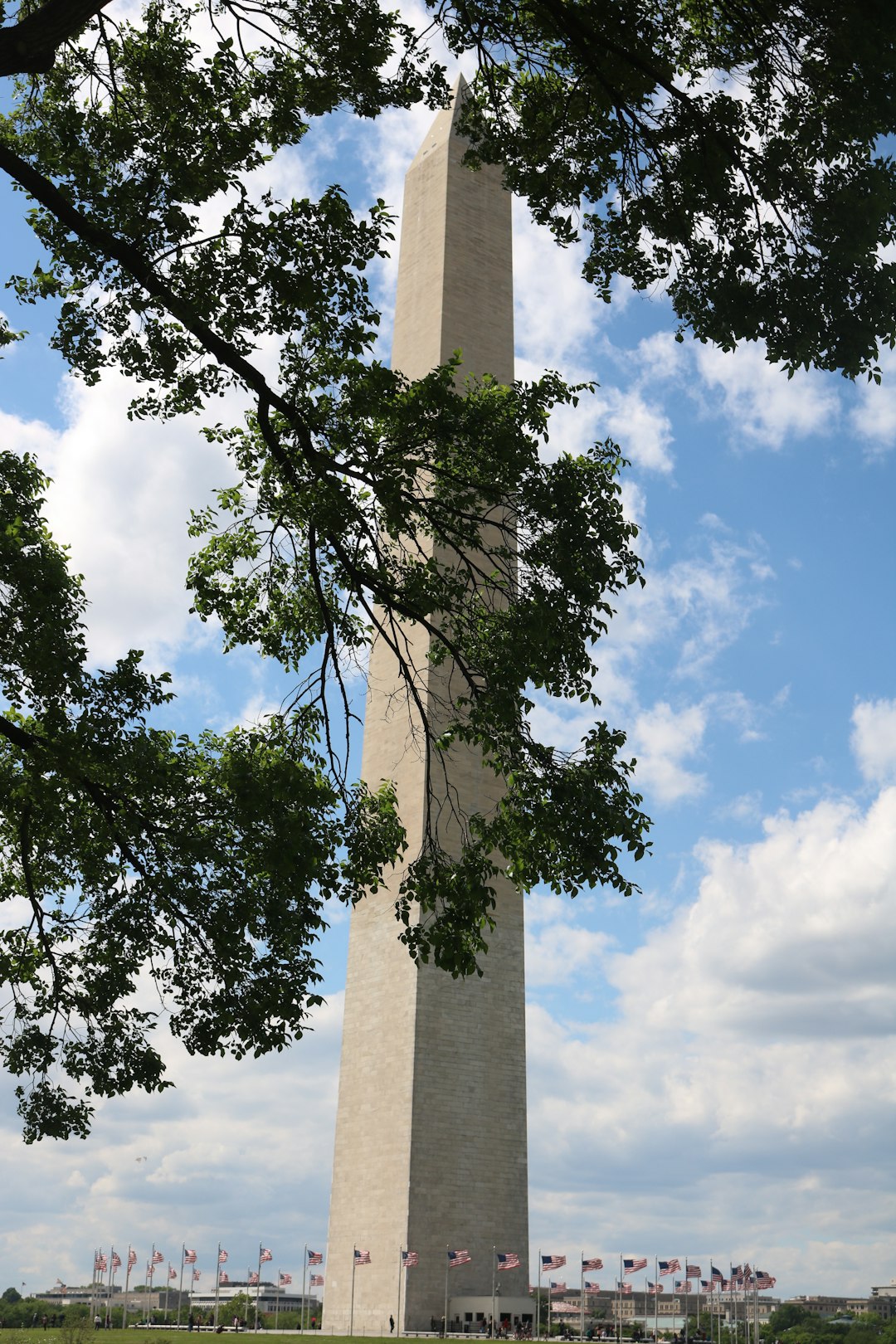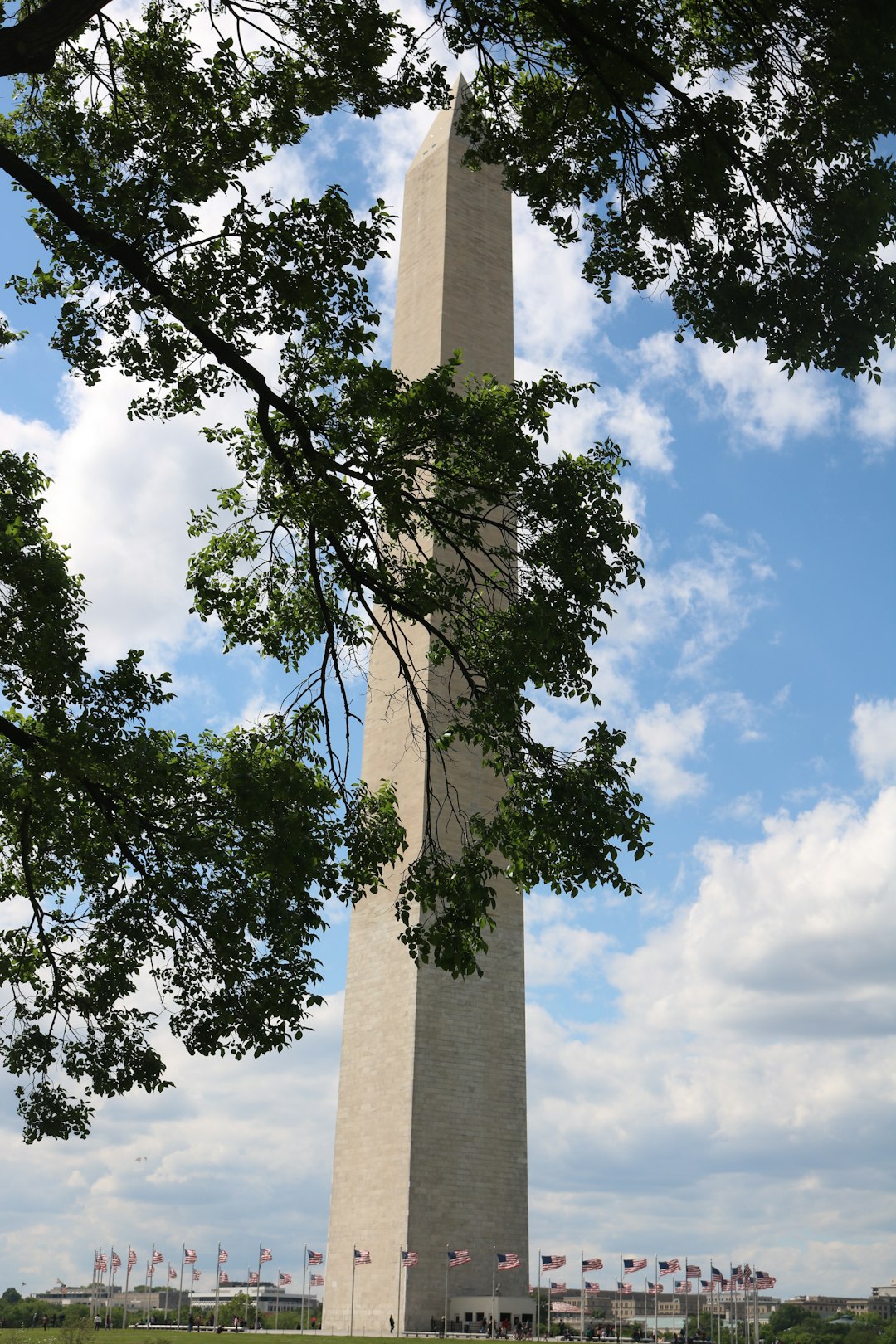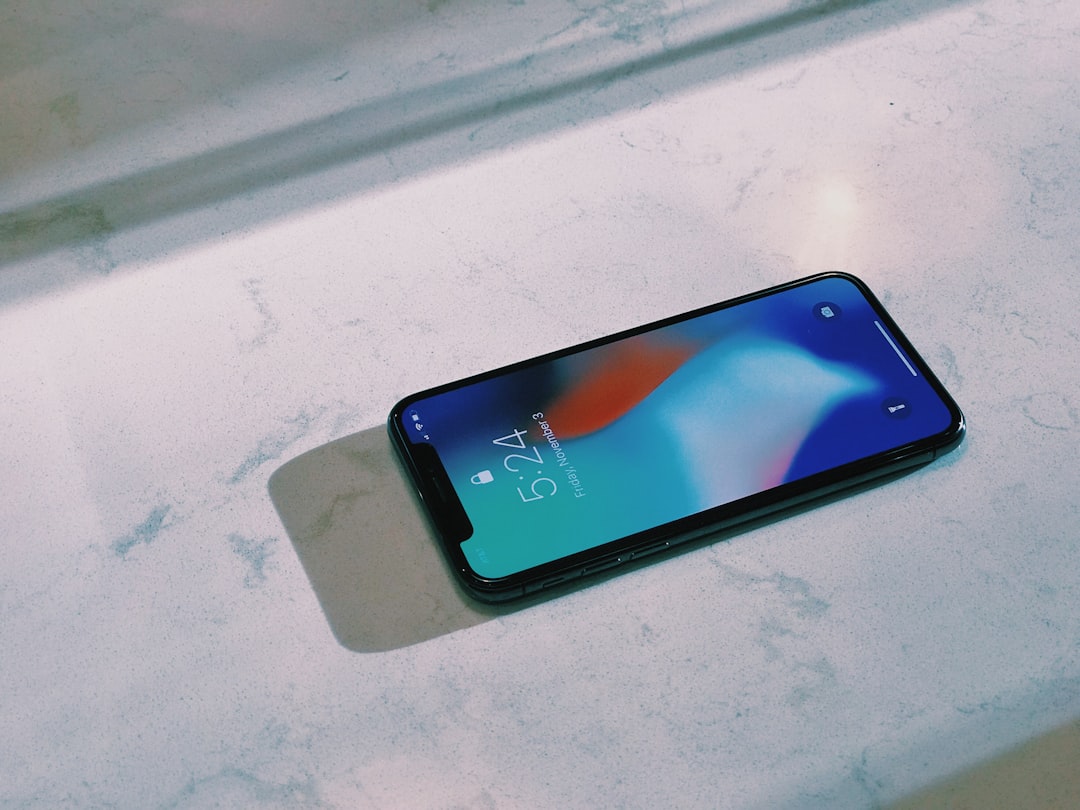Washington D.C.'s Do Not Text laws protect residents from intrusive promotional texts and automated calls with strict fines. These regulations, targeting Do Not Text Lawyers DC and Spam Call law firms DC, require individuals seeking legal representation to understand them to avoid compliance issues. The laws differ significantly from neighboring states, emphasizing the need for experienced legal counsel. Law firms are adapting by diversifying communication methods to comply while reaching clients effectively. Choosing a specialized law firm with expert knowledge in Do Not Text and Spam Call laws is crucial when facing such charges.
“In the digital age, understanding your state’s regulations on text messaging and calling is crucial, especially with the prevalence of spam calls and texts. Washington D.C.’s ‘Do Not Text’ laws stand out, but how do they compare to other states? This article navigates the intricate details of DC’s texting regulations, offers a comparative analysis with national standards, and explores the implications for law firms specializing in do-not-text cases.
For those seeking expert guidance, understanding these nuances is key when choosing a Do Not Text Lawyer DC or Do Not Call Attorney DC to protect your rights.”
Understanding DC's Texting and Calling Regulations

Washington D.C. has specific regulations regarding texting and calling, known as the Do Not Text laws, which are designed to protect residents from unwanted communication. These laws, particularly targeted at Do Not Text Lawyers DC and Do Not Call Law Firms DC, restrict businesses from sending promotional texts or making automated calls without prior consent. Violating these rules can lead to significant fines, emphasizing the importance of understanding and adhering to them.
For individuals seeking representation from a lawyer for Do Not Text Laws DC, it’s crucial to be aware that these regulations are in place to prevent what is often considered intrusive and annoying communication. The Spam Call law firm DC restrictions are part of a broader effort to maintain a peaceful and respectful digital environment, ensuring residents aren’t harassed by unsolicited messages.
Comparison: DC vs Other States' Do Not Text Laws

In comparison to other states, Washington D.C.’s Do Not Text laws stand out for their stringent enforcement and broad application. Unlike some states that only restrict texting while driving, D.C.’s legislation prohibits manual device use while operating a vehicle, effectively deterring drivers from any form of distracted communication. This inclusive approach is reflected in the penalties, which are among the harshest nationwide, serving as a strong Do Not Text lawyer DC or Do Not Text attorney DC can offer robust legal representation to those facing charges under these laws.
When examining the broader picture, D.C.’s Do Not Text Laws align with a growing national trend towards stringent anti-distracted driving measures. However, they differ in key aspects from neighboring states like Virginia or Maryland. For instance, while these states may allow hands-free device use for certain purposes, D.C. maintains a stricter ban on all manual interactions with electronic devices while behind the wheel. This disparity underscores the importance of seeking legal counsel from a spam call law firm DC or a Do Not Call law firm DC, especially for individuals facing charges in multiple jurisdictions.
Key Differences in Legal Protections for Text Messaging

In Washington, D.C., the legal protections surrounding text messaging, often referred to as ‘do not text’ laws, differ significantly from those in other states. Unlike some areas that primarily focus on preventing spam calls, D.C.’s regulations specifically target text messages sent without consent, commonly known as unsolicited commercial texts or spam. This distinct approach means that while other states might have broader anti-spam measures, D.C. takes a more targeted stance, focusing on consumer protection through strict rules on consent for text messaging.
The ‘do not text’ laws in DC offer unique advantages to residents by empowering them to control their communication preferences. These regulations allow individuals to opt-out of receiving promotional or advertising texts from law firms and other businesses. This is in contrast to some states where such protections might be more vaguely defined or less strictly enforced. For those seeking legal counsel, hiring a ‘do not text lawyer DC’ or an attorney specializing in these laws can help navigate this specific area of consumer protection, ensuring compliance and safeguarding against potential legal repercussions under the state’s unique texting regulations.
Implications for Law Firms and Their Marketing Strategies

The implementation of “Do Not Text” laws in Washington D.C., such as those governing legal professionals, significantly impacts law firms’ marketing strategies. With strict regulations around text messaging for legal services, firms must adapt to new communication channels. This shift encourages a reevaluation of marketing approaches, pushing law offices to explore alternative methods like targeted email campaigns, social media engagement, and robust website development to reach potential clients effectively.
For instance, a law firm specializing in personal injury cases in DC would need to adjust its outreach strategies. Instead of mass text campaigns promoting their services, they might focus on building an online presence through SEO-optimized websites and social media profiles. By doing so, they can attract clients who are actively searching for legal assistance related to car accidents or medical malpractice, ensuring compliance with local laws while maximizing marketing efficiency.
Choosing the Right Legal Representation for Texting Cases

When navigating complex legal issues related to do not text laws in Washington D.C., it’s paramount to select a law firm and attorney who specialize in this specific area. While many general practitioners may handle various types of cases, texting-related matters often require an expert understanding of local regulations, which can differ significantly from state to state. For instance, the do not call laws and spam call regulations in D.C. have unique provisions compared to other jurisdictions.
Choosing a law firm that boasts experience in representing clients facing do not text charges or spam call lawsuits is crucial. Look for attorneys who actively litigate these cases, publish informative content on the subject, or are frequently cited as experts in this field. This level of engagement indicates a deep commitment to staying updated with the latest legal trends and developments in do not text laws, ensuring your representation aligns with the most effective strategies for defense and advocacy.






